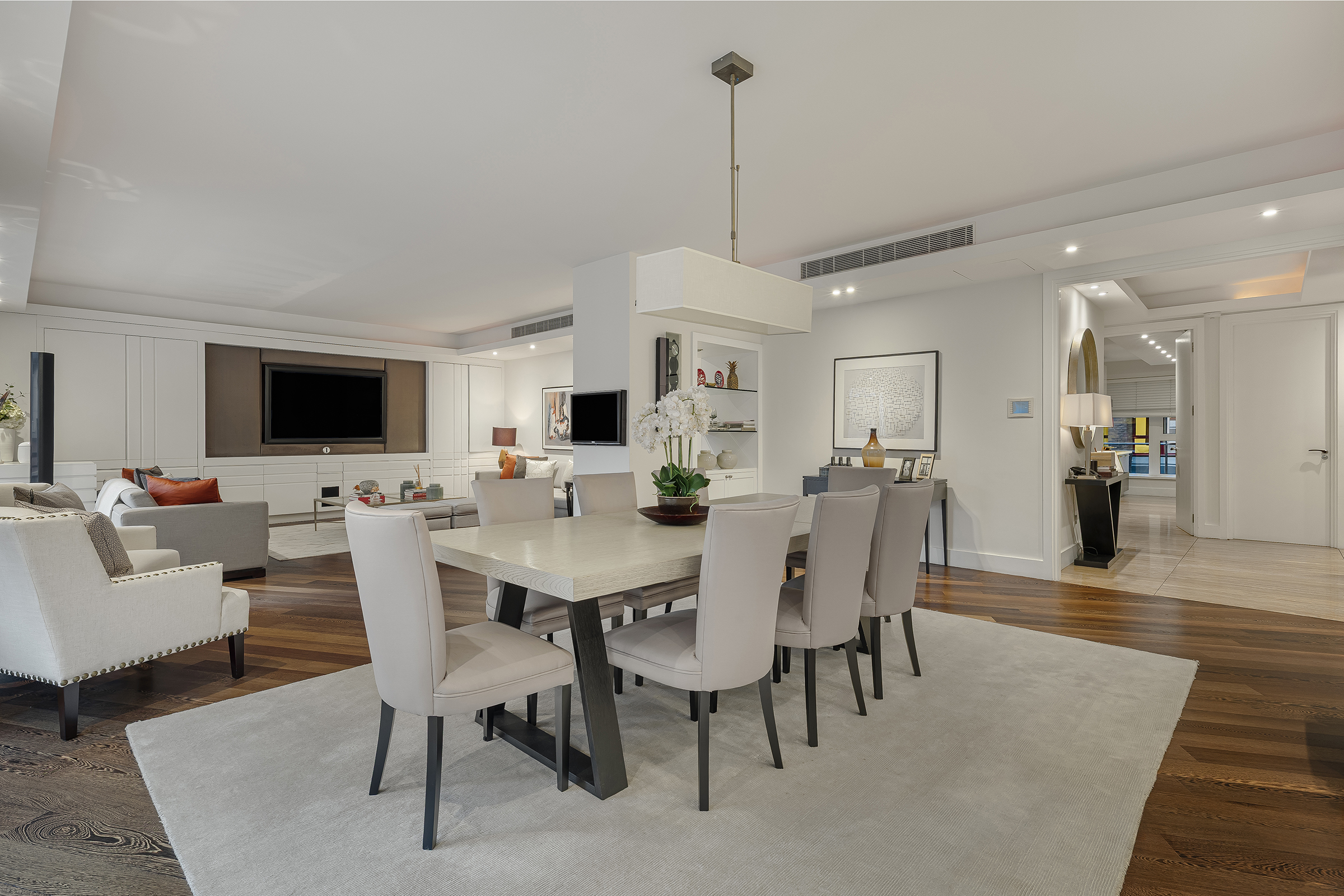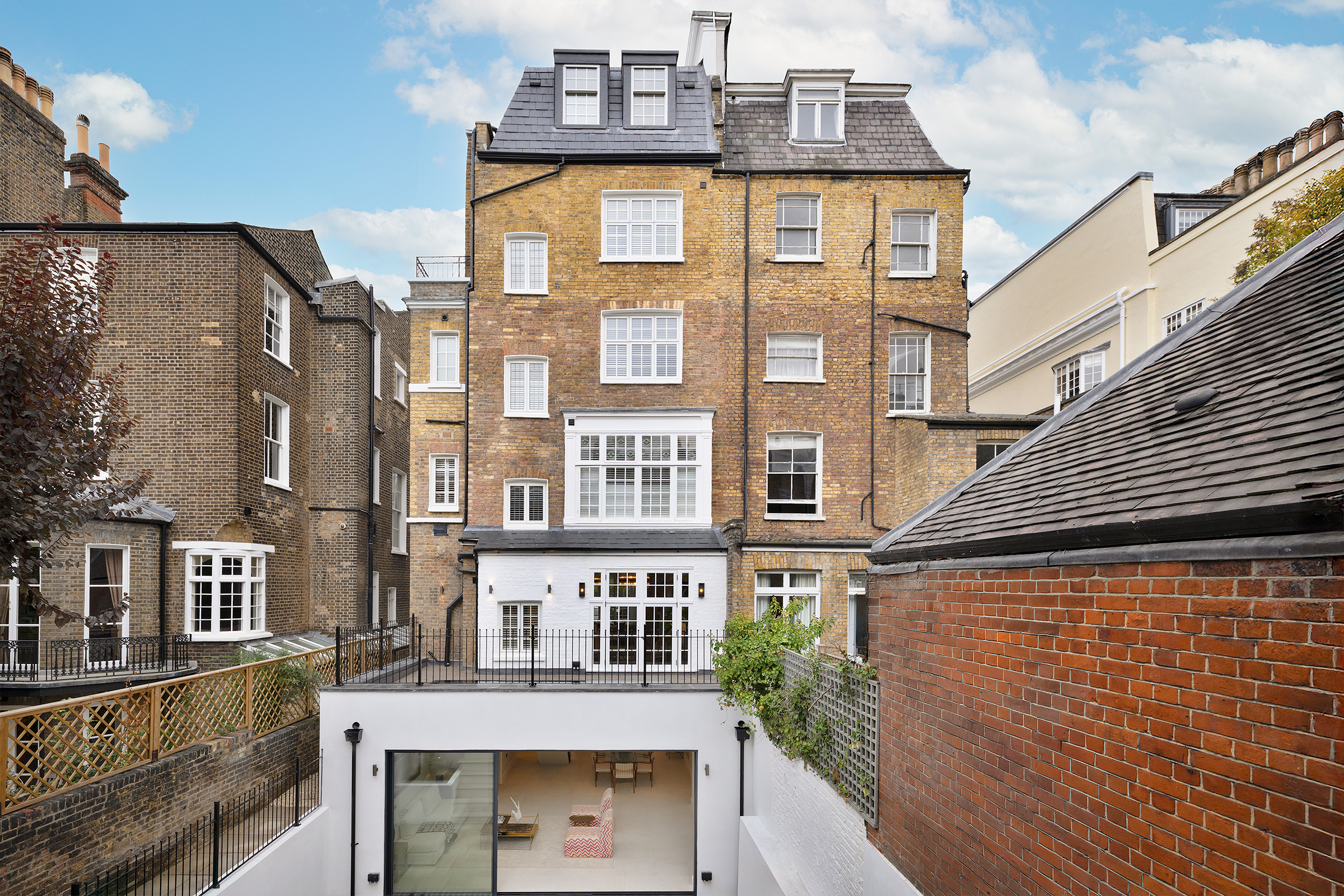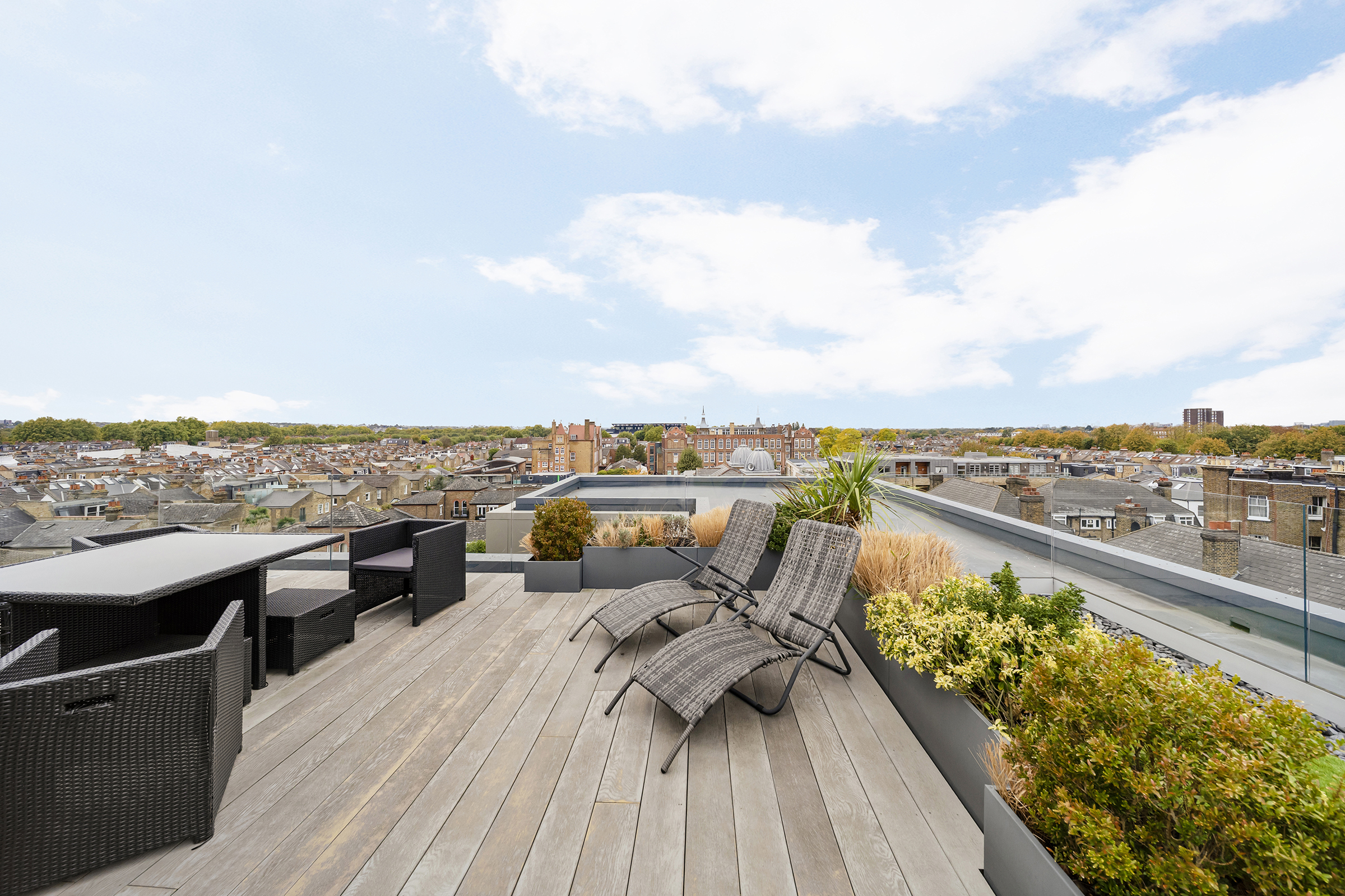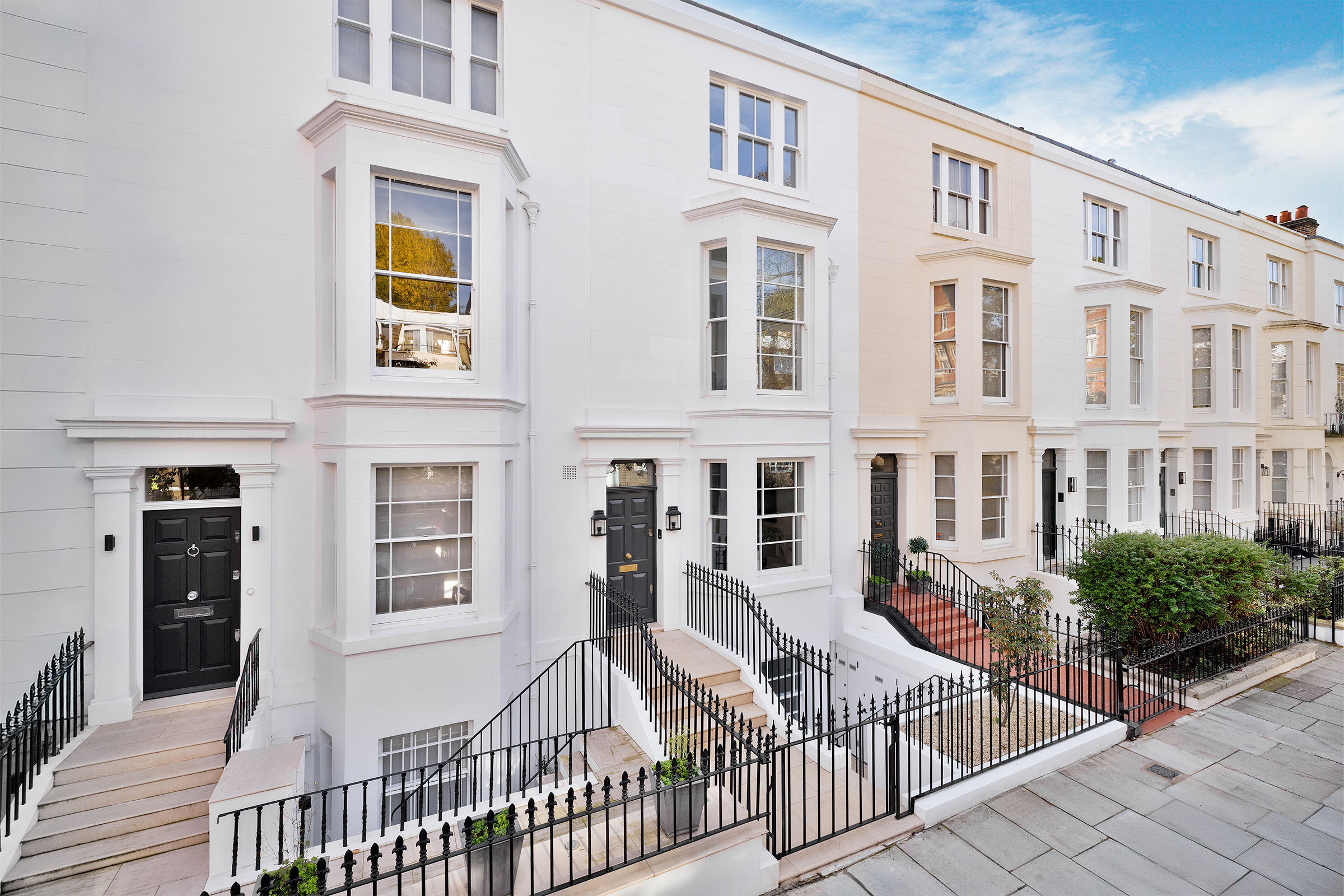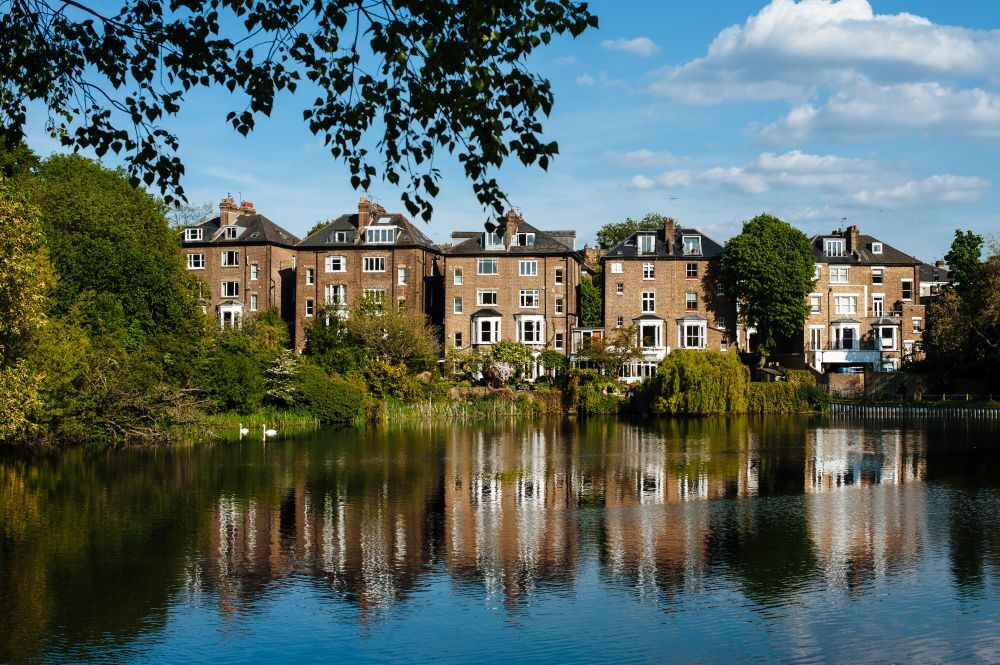What Happens When My Fixed Rate Mortgage Ends?
The end of a fixed-term mortgage can prove uncertain for property owners. With the end of the fixed term comes the shift to a Standard Variable Rate (SVR), which can lead to unpredictable interest rates and potentially higher payments. There are many pathways for property owners to follow now their fixed term has ended, although, some may cost substantially more and prove harder to manage from a financial perspective.
Understanding your options as a property owner can help you with this transition, ensuring financial stability and control over your mortgage and your property. From remortgaging to renegotiating the terms of your original deal, read on to uncover what happens when a fixed-rate mortgage ends.

What Happens at the end of a fixed term period?
When the fixed term of a mortgage ends, your agreement automatically transitions to your lender's SVR. The SVR can have a higher or possibly lower interest rate than your fixed term, as this fluctuates depending on the current rate of interest nationwide set by the Bank of England. Lenders use this rate to determine their mortgage deals, affecting everything from the SVR to the length of the fixed term that the lender can offer.
A flexible rate of interest could increase your monthly payments if the rates rise, but rates could also drop below the one you were paying during your fixed term if the Bank of England lowers the national interest rate, resulting in you paying less on your mortgage each month. Opting for a flexible interest rate on this basis requires observation and understanding to predict what may happen to interest rates with lenders. As such you could get the best deal on a flexible-rate mortgage, and may even involve opting for shorter fixed-term periods to allow for sudden spikes or drops in interest rates.
When the fixed term ends, homeowners have several options, including remortgaging to a new fixed-rate deal and switching to another product that offers more stability, but potentially still at a higher rate of interest than the variable rate. It is also worth noting that you may be able to renegotiate a lower period of interest depending on whether you choose to change your mortgage agreement.
Looking into your options early before the fixed term ends, comparing new deals, and seeking expert financial advice can help avoid rising costs and secure better terms for future repayments. Otherwise, property owners with a mortgage may find themselves paying more than they would like to if they get caught out by a sudden spike in interest rates.
With that in mind, let’s look through some options homeowners have for their mortgage after the fixed term ends.
Also Read: How Long Is a Mortgage in Principle Valid For
Staying On The Standard Variable Rate (SVR)
If you take no action before your fixed term is due to end, your mortgage will automatically switch to your lender’s SVR, which as explained is variable. For many lenders, the SVR is slightly higher than the fixed-term, however, this is not the case for every lender. Switching to the standard rate at a time when interest rates are falling could end up being a better deal for those looking to pay less on their mortgage.
On a £200,000 mortgage at a fixed interest rate of 4%, the monthly payment would be approximately £1,056. Moving to a Standard Variable Rate (SVR) of 6% after the fixed term ends, the monthly payment increases to £1,289 – an increase of £233 per month. But if the SVR drops to 3%, this would decrease to £948, saving the mortgage owner approximately £108 per month compared with the fixed rate.
However, most property owners can expect an increase in their monthly payments as soon as their fixed term ends, which can be problematic if they haven't budgeted for this or, cannot afford to pay a sudden increase.
Also Read: Can You Buy at Auction With a Mortgage
Remortgaging
Property owners can choose to remortgage with either their current lender or a new one as their fixed term ends. This will involve some savvy scouring of the mortgage market in order to secure a new deal, and potentially, lock in a better rate and avoid SVR rises to their monthly mortgage payments. If you can successfully find a similar agreement to your expiry fixed term, then you should be able to switch your mortgage, although this may incur some additional costs:
Lenders Fee: This is a fee charged by the new lender for setting up your mortgage but some mortgages offer no-fee options.
Early Repayment Charge (ERC): If you're switching before your current fixed term ends, you may have to pay an ERC to your existing lender. This charge is usually a percentage of the remaining mortgage balance, typically between 1% and 5%, which can be very costly for larger mortgages.
Exit Fees: Some lenders charge an exit fee when you close your mortgage account with them.
Broker Fees: If you use a mortgage broker for your new mortgage they will charge a flat fee for their services.
Switching your mortgage may be a solution for some property owners to ensure they continue to pay a similar amount to what they were previously paying. However, given some of the potential costs that may result from doing so, the savings from securing a lower interest rate per month may not outweigh the costs of the switch.
Also Read: How to Remortgage a House to Buy Another
Plan Ahead Of Your Fixed Term Dnding
With the potential for your mortgage payments to increase – or decrease depending on the market and the SVR of your lender – property owners should begin prospecting new mortgage deals 3 to 6 months before the fixed term ends if they want to ensure they get the best deal possible from switching or, staying on the SVR.
Evaluating your financial situation, shopping for competitive rates, and seeking professional advice can help you avoid falling into a more expensive SVR or, benefit earlier from a new mortgage deal. Being proactive not only secures you and your property’s financial stability but, could also help you find better flexibility for your long-term plans by re-evaluating how you pay for your mortgage.
Discover: Property to Buy in London
Park Lane, Mayfair
- 5
- 4
- 2,701 SQ.FT.
Eldon Road, Kensington
- 4
- 6
- 3,961 SQ.FT.
Wyfold Road, Fulham
- 3
- 3
- 2,315 SQ.FT.
Lowndes Square, Belgravia
- 3
- 3
- 2,615 SQ.FT.
Albert Court, Knightsbridge
- 5
- 5
- 5,725 SQ.FT.
West Heath Road, Hampstead
- 5
- 5
- 5,691 SQ.FT.
Gloucester Walk, Kensington
- 4
- 5
- 3,150 SQ.FT.
Mayfair, Mayfair
- 4
- 5
- 5,050 SQ.FT.
Pavilion Road, Chelsea
- 4
- 3
- 2,422 SQ.FT.
Cadogan Square, Knightsbridge
- 1
- 1
- 1,090 SQ.FT.
